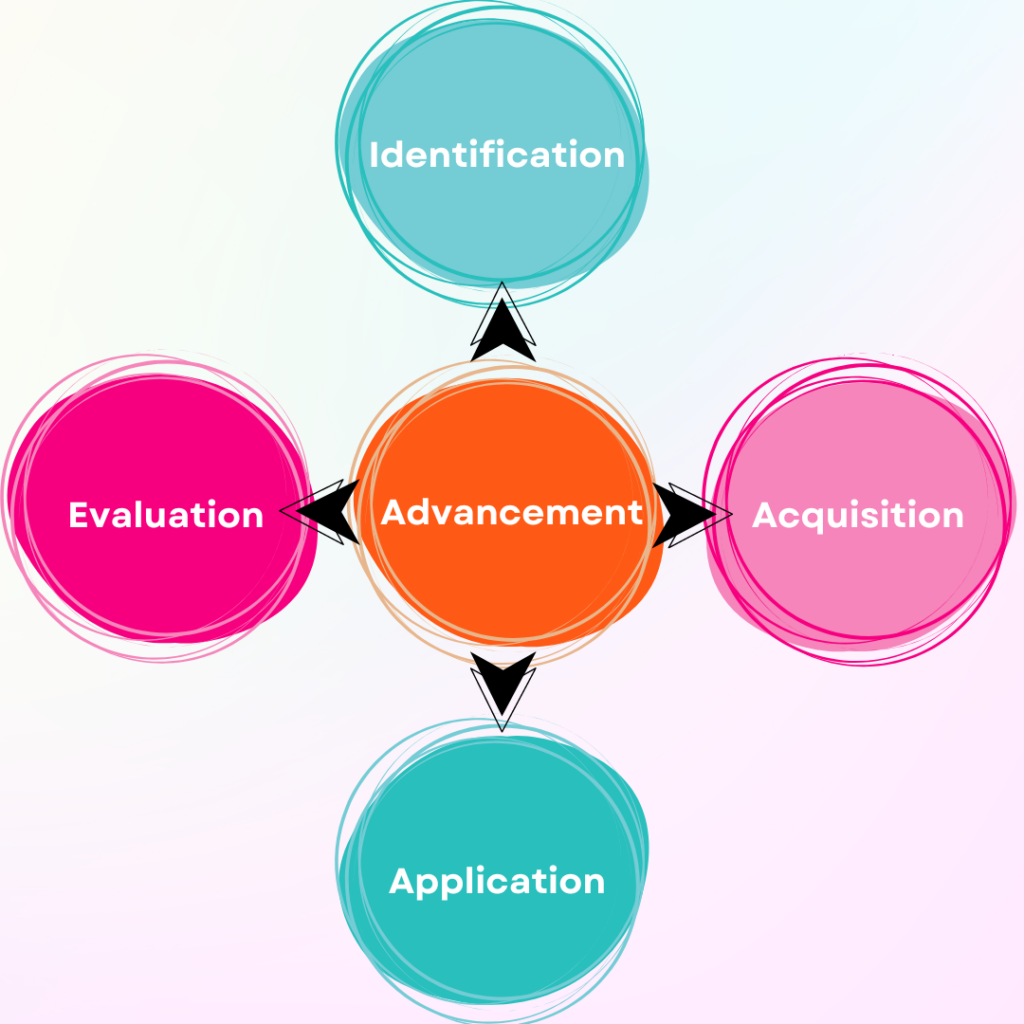May 7th, 2024

In the journey of professional excellence, the acquisition of relevant qualifications and the mastery of technical skills are not just advantageous—they are imperative. The Skill-building quadrant of our SASS model (Skill-building, Assistance, Strategy, Systems) is dedicated to empowering professionals like you to secure the qualifications essential for your career and to engage in continual technical training.
The Importance of Qualifications and Technical Skills
Qualifications Open Doors: Achieving industry-recognized qualifications can dramatically expand your career opportunities. These credentials serve as a testament to your expertise and commitment to your profession.
Technical Skills Keep You Relevant: In fields that are continually evolving, staying updated with the latest technical skills is crucial. This not only enhances your efficiency but also ensures your methods and knowledge remain on the cutting edge.

A warning about course enrolment fatigue
I recently worked with a client who was so eager to do course after course after course as he thought that this was what would give him the experience he needed. I’m sure you have all met the person that is always going to another training course and says that this is what will get them over the line in their goals. I get it. I understand it. I may have also been this person once.
However, you have to prioritize what qualifications are actually required. For example, if your goal is to become an ISO management systems implementer, then a qualification directly relating to ISO is what you need – first. Not a Project Management qualification or forklift licence.
My advice is to calm down and map out a qualification plan that is most suited to what you want to achieve rather than blindly signing up to thousands of dollars worth of training that you will never use.
If you are unsure of what training would benefit you, book a call with me and I’m happy to help you out.
Less is More
In the HBR article called When Designing Employee Learning Programs, Less Is More the author asks us to consider a beginner gardener searching for a simple pest control solution. They enter a garden store, hoping for clear guidance. However, the store assistant overwhelms them with an extensive variety of sprays, traps, and organic options. Confused and unable to make a decision, the gardener leaves the store more confused than ever.
This scenario mirrors the frustration many professionals experience when attempting to enhance their skills. They find themselves lost in an ocean of educational content that seems only vaguely relevant to their immediate needs. This is referred to as the “kitchen sink problem.”
Employees are frequently bombarded with an expansive selection of learning programs, each overloaded with content, making it challenging to determine a focus area. Instead of receiving a streamlined set of resources, they are handed exhaustive lists: 100 courses, 70 hyperlinks, 35 toolkits, numerous internal websites tangled in a complex web, along with videos from thought leaders, assorted internet blogs, and book recommendations.
This information overload leaves many of us feeling as though we are navigating a maze with no clear way out.
The Continual Skill-Building Cycle Model
Skill-building is a dynamic process of acquiring and continually enhancing the qualifications and technical skills necessary for your career. By focusing on these aspects, you set yourself up for a successful, adaptable, and fulfilling career path.

Identification: Recognize the skills and qualifications currently required in your field. Conduct job market research, consult industry standards, and seek advice from professionals and mentors.
Acquisition: Actively acquire the identified skills and qualifications. Enroll in relevant courses, obtain certifications, and participate in training programs.
Application: Apply the newly acquired skills and qualifications in practical settings. Implement skills in your current job, engage in new projects, or change roles if necessary.
Evaluation and Adaptation: Continually monitor for any changes in the industry that might affect the relevance of your skills and qualifications. Keep up with industry news, participate in professional groups, attend conferences, and periodically reassess your skill set and the market needs.
Next Steps
1. Identify Required Qualifications: Begin by identifying the qualifications that are most respected and required in your field. This may involve some research or consultations with mentors to understand what credentials will provide the most significant career benefits.
2. Enroll in Specialized Training Programs: Once you know what qualifications you need, find the right courses and training programs that offer these certifications. Choose programs known for their rigor and relevance to ensure the learning experience is robust and applicable. Be sure to go to Auditor Training Online to check out their full suite of qualifications.
3. Schedule a Coaching Session: Reach out to an industry expert career consultant for an initial consultation.

View comments
+ Leave a comment